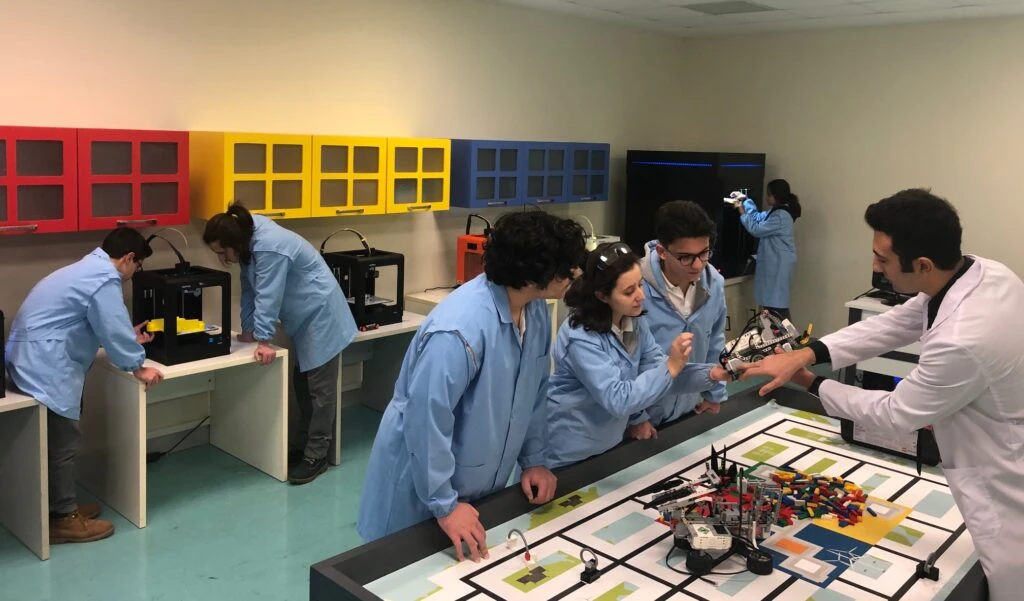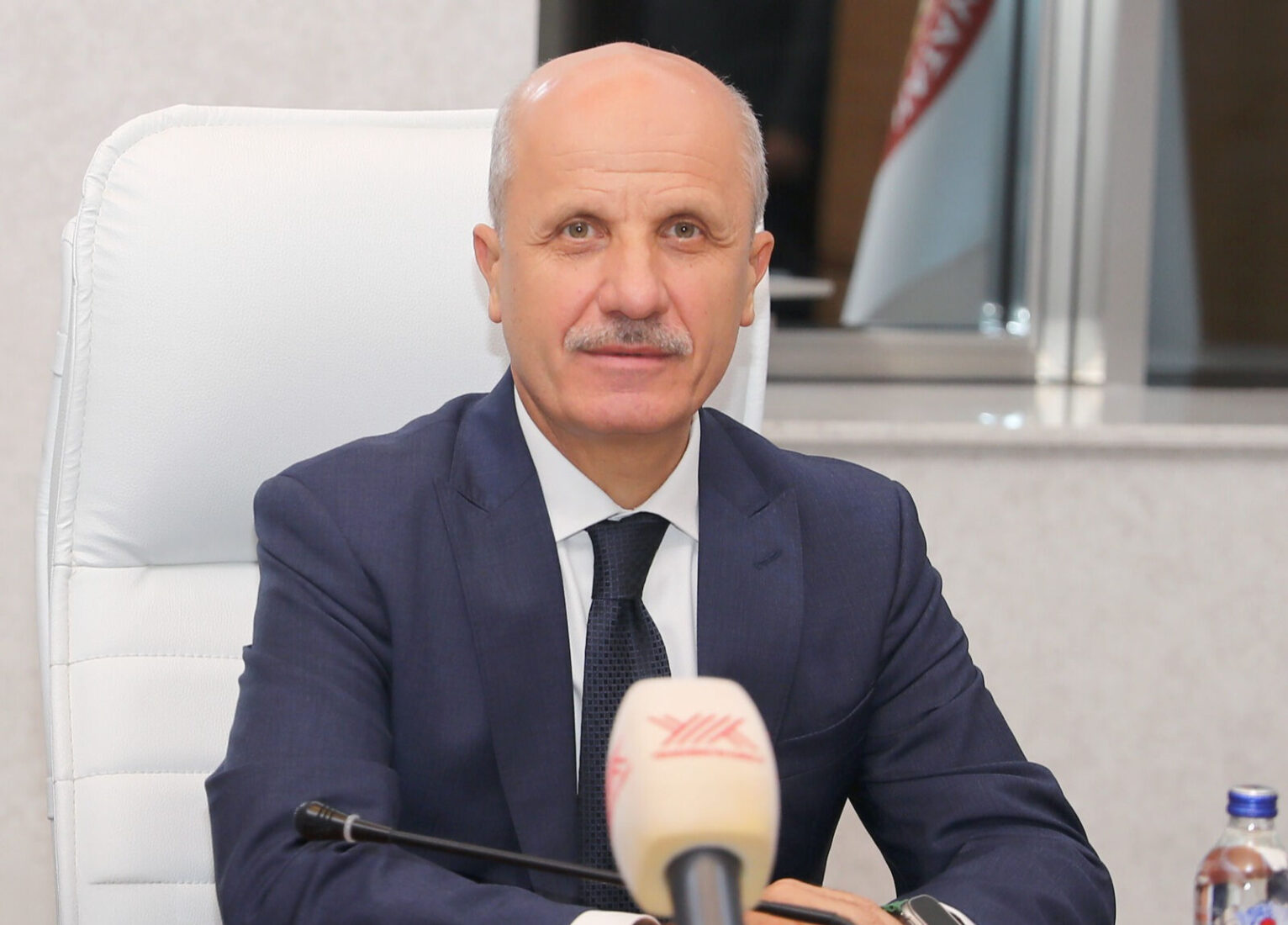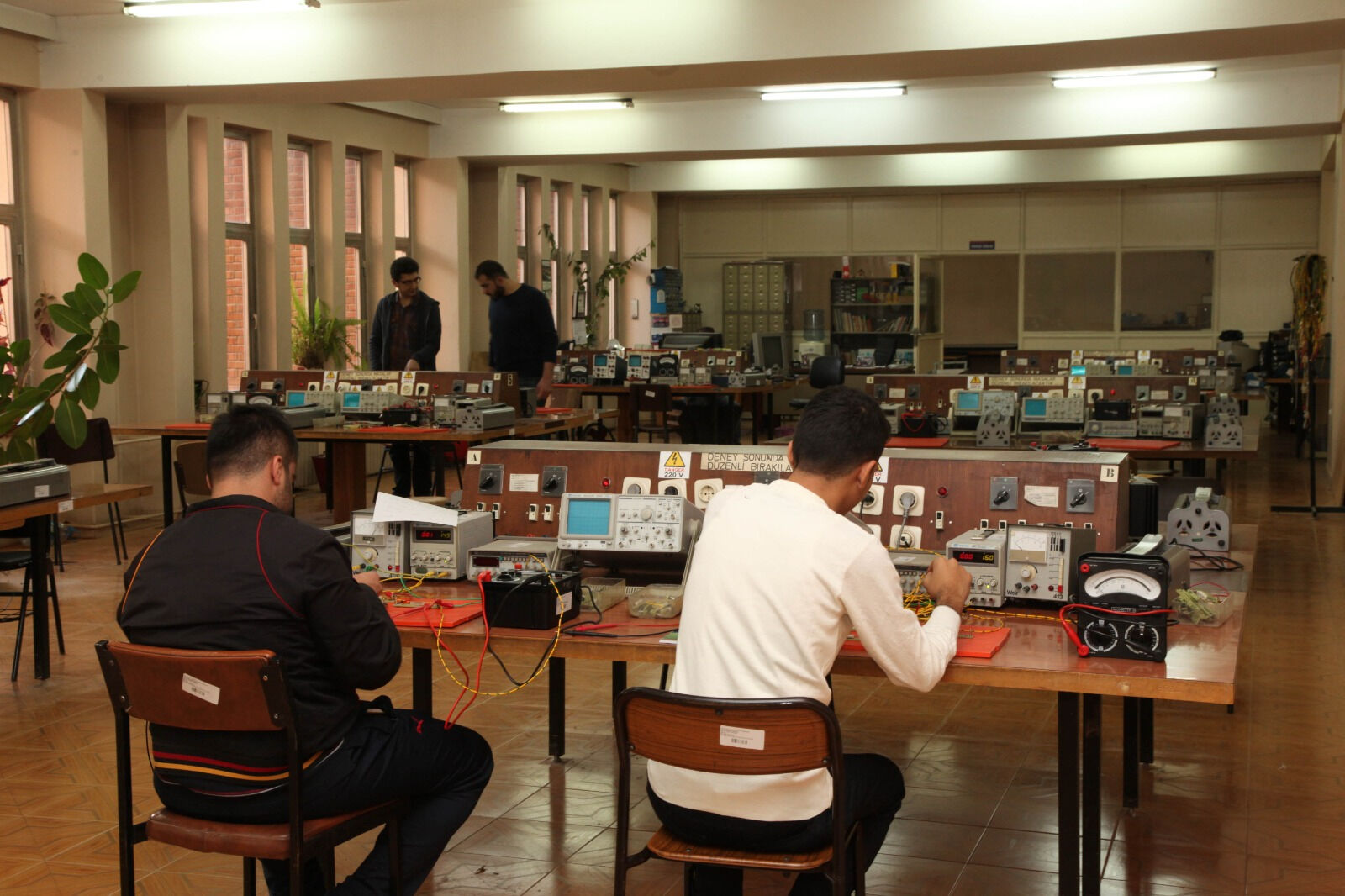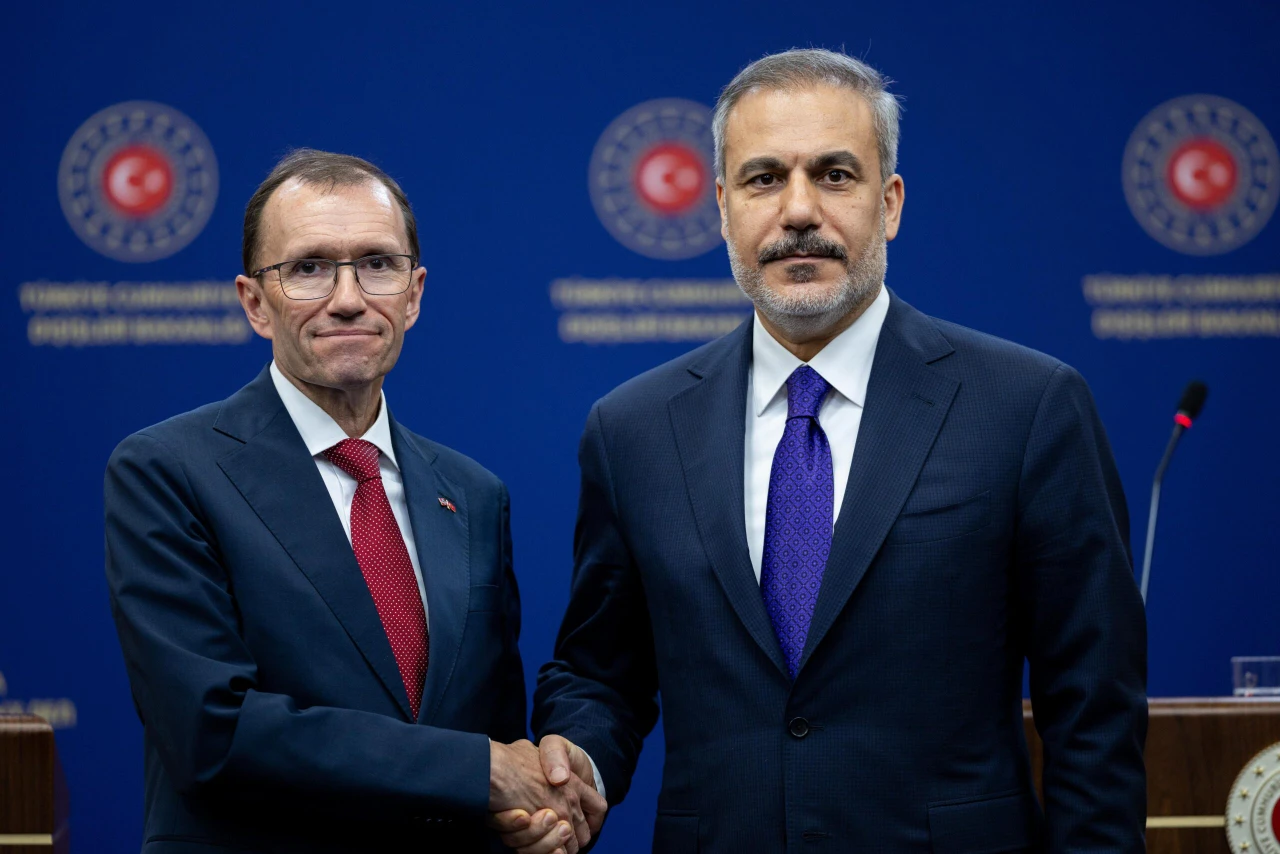New era begins for vocational schools in Türkiye with shift toward industry-aligned models
 Vocational school in Kocaeli, Türkiye. (Photo via ENKA)
Vocational school in Kocaeli, Türkiye. (Photo via ENKA)
The Council of Higher Education (CoHE) is launching a new era for vocational schools (MYOs) in Türkiye, aligning their programs with industry demands and preparing students for the evolving job market.
Traditional MYO models are becoming a thing of the past, as new programs are designed to meet the expectations of both the education sector and the industrial world.

Vocational schools meet industry needs
CoHE President Professor Erol Ozvar highlighted that new vocational education models will replace outdated programs.
He revealed that, in collaboration with industry leaders, MYOs are adapting their curricula to meet market needs, focusing on hands-on training and incorporating expert professionals into the teaching process.
“Our goal is to overhaul MYO programs in cooperation with industry representatives and make them more aligned with the expectations of the labor market, ensuring students gain more practical experience,” Ozvar stated.
Digital, green skills in spotlight
Ozvar emphasized the importance of digital and green skills in new MYO models. The introduction of programs focused on digital technologies, including software and artificial intelligence, aims to bridge Türkiye’s digital skills gap.
Over 70 new associate and undergraduate programs were launched across 20 universities in 2024, with plans for expansion in 2025.
These programs, which are already fully operational, are expected to play a crucial role in addressing Türkiye’s growing demand for digital expertise.
Green transition, employment-oriented programs
Ozvar also shared plans for green transition programs in sectors such as healthcare and agriculture. These initiatives are designed to equip students with the skills needed to contribute to the green transformation of the economy.
Moreover, he mentioned that new programs focusing on quantum technologies and cybersecurity are in development to meet the increasing demand for specialized professionals.

Curriculum overhaul and emphasis on practical training
CoHE is revising the curriculum to ensure that students have more opportunities for practical experience, particularly in industries with high demand.
The council plans to create more thematic vocational schools to train students in emerging fields, equipping them with the necessary skills to succeed in the workforce.
Ozvar urged university rectors to prioritize MYOs, suggesting that they visit their vocational schools regularly to oversee the quality of programs and ensure their alignment with industry standards.
Vocational schools boosting employment rates
The expansion of MYOs, particularly in Organized Industrial Zones (OSBs), has led to a significant increase in employment rates among graduates.
In 2024, 17 MYOs were established in OSBs, providing training to 5,623 students, with a total educational support investment of ₺64.5 million ($1.8 million).
MYO graduates from OSBs have an impressive employment rate of 78%, significantly higher than the national average of 61.27%.
Warning on standards and funding cuts for underperforming MYOs
President Ozvar issued a stern warning to MYOs that failed to meet the required standards. “We will withdraw support from underperforming institutions,” he stated.
As part of the ongoing evaluation, MYOs will undergo regular inspections to ensure they are providing quality education. Programs that fail to meet industry demands will be phased out.
Expanding internship and job placement opportunities
Ozvar also announced plans to expand internship and job placement opportunities for students.
He emphasized that increasing the duration and variety of practical work experience is crucial for improving employability. MYOs in OSBs are seen as exemplary models in this regard, offering students a direct path into the workforce.
The overhaul of vocational schools in Türkiye represents a significant step toward aligning education with the needs of the modern labor market.
By incorporating digital and green skills into curricula, increasing practical experience, and fostering stronger ties with industry, Türkiye is preparing its students for a rapidly changing job market.



